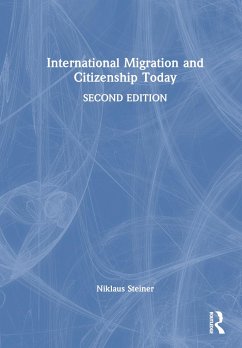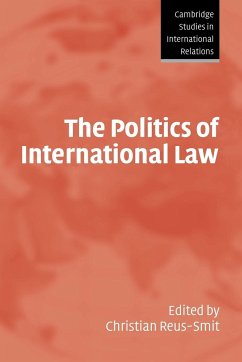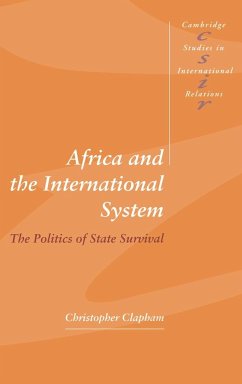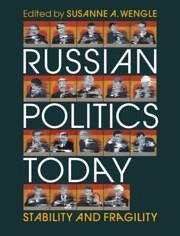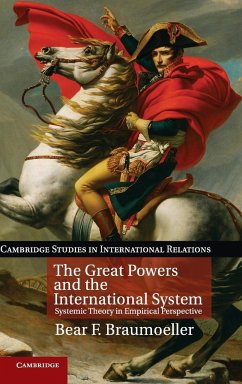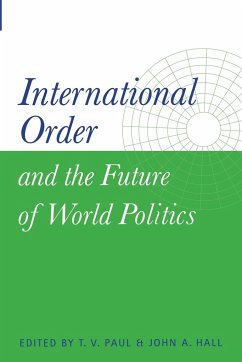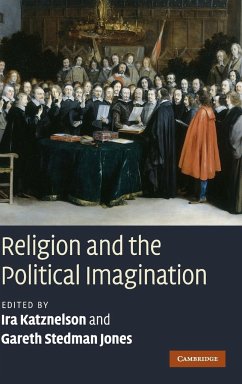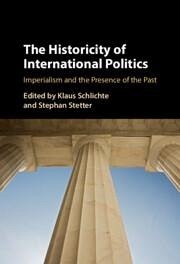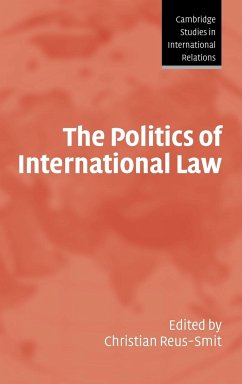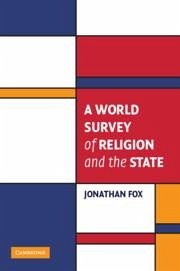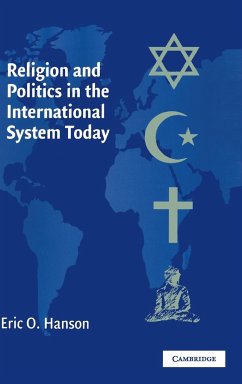
Religion and Politics in the International System Today
Versandkostenfrei!
Versandfertig in 1-2 Wochen
66,99 €
inkl. MwSt.
Weitere Ausgaben:

PAYBACK Punkte
33 °P sammeln!
This book proposes a post-Cold War paradigm based on the interaction between the contemporary globalization of the political, economic, military, and communication systems and the increasing role of religion in influencing global politics. Rapid technological advances constantly recast politics, economics, armed conflict, and the media. These four systems are thus becoming not just more international each in themselves, but they are also rapidly integrating among themselves. As a result, the four world systems constantly create new environments in which individuals and societies must make rapi...
This book proposes a post-Cold War paradigm based on the interaction between the contemporary globalization of the political, economic, military, and communication systems and the increasing role of religion in influencing global politics. Rapid technological advances constantly recast politics, economics, armed conflict, and the media. These four systems are thus becoming not just more international each in themselves, but they are also rapidly integrating among themselves. As a result, the four world systems constantly create new environments in which individuals and societies must make rapid choices on the basis of their perceived personal and communal identities. This book constructs its global paradigm by explaining the roles of Christianity, Islam, Judaism, Hinduism, Buddhism, Confucianism, and Maoist Marxism in world politics.





